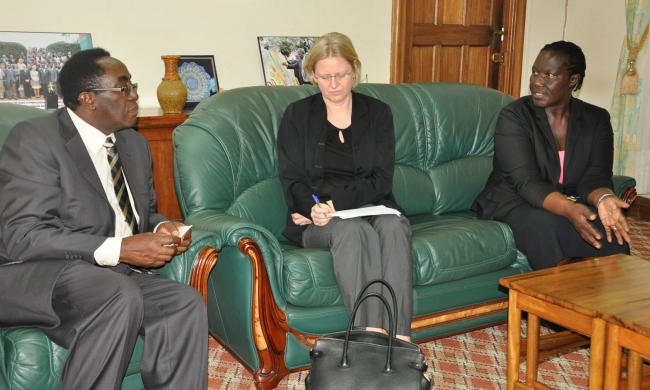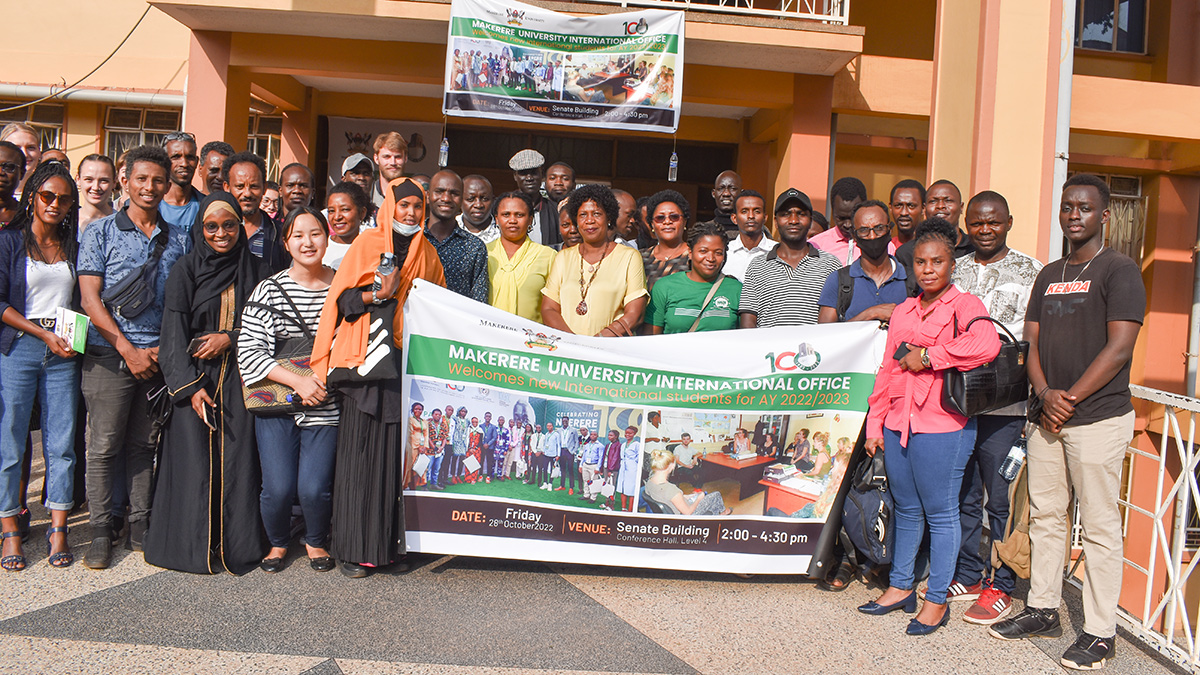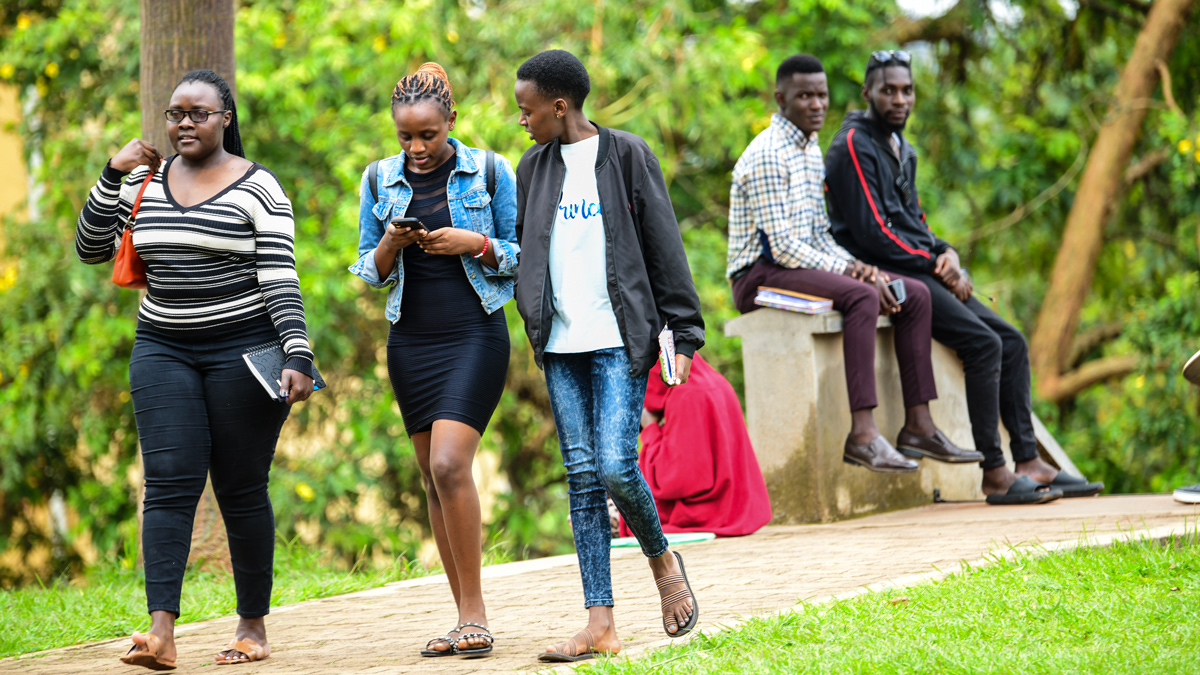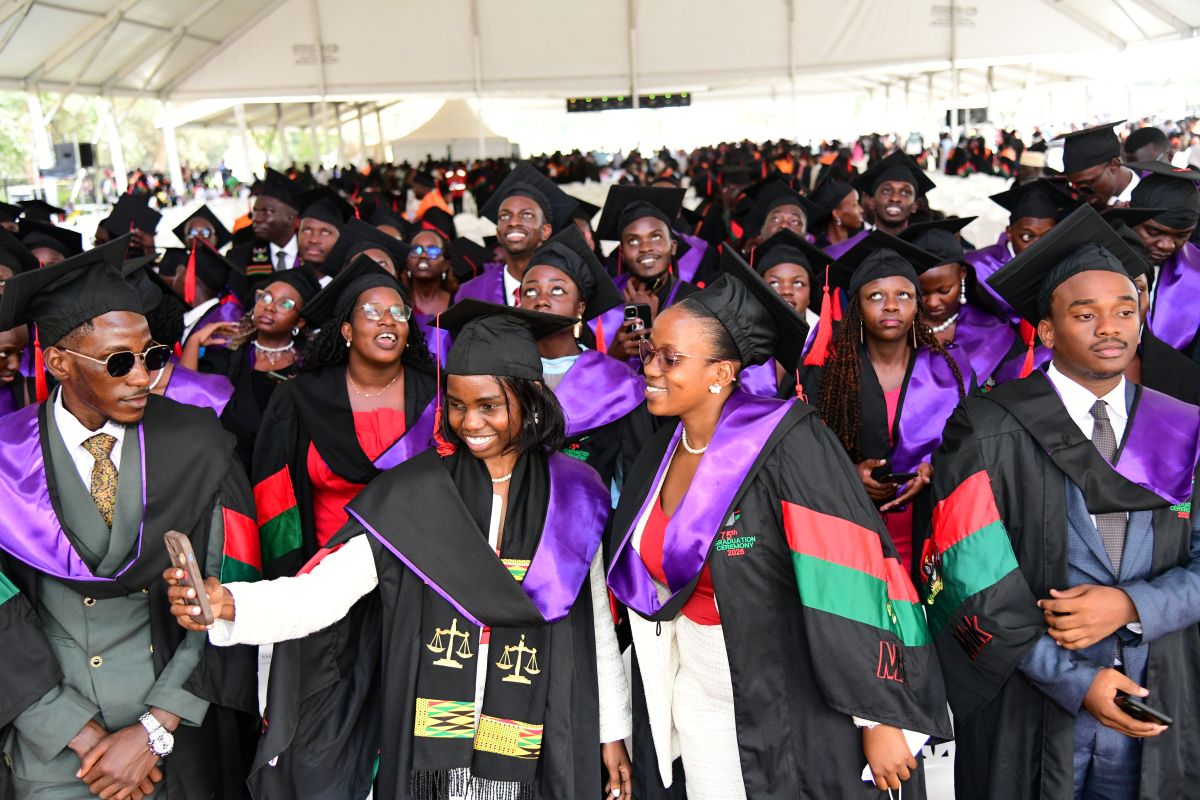The Norwegian Agency for Development Cooperation (NORAD) team currently at Makerere for a five-day Annual Planning Meeting has commended the University for ensuring good reporting mechanisms in the management of ongoing projects. Makerere which is the lead partner managing over nine (9) NORHED research projects with other collaborating institutions in Africa and Norway was commended for embracing a consultative approach which ensured the participation of all key stakeholders in research project activities; as well as guaranteeing that competent and experienced staff run the projects.
The NORAD team comprising Edle Hamre-Head of Section; Jorun Nossum-Senior Adviser; Inga Dalin-Adviser; Silje S. Vevatne-Adviser, Jeanette da Silva-Senior Advisor and Ms Mary Mabweijano-Senior Programme officer, Royal Norwegian Embassy Kampala made the wonderful remarks during the courtesy call on the Vice Chancellor and the Makerere University Management held today, Monday 3rd November 2014. The courtesy call came ahead of the Opening Ceremony for the first Annual Planning Meeting between NORAD and the Norwegian Programme for Capacity Building in Higher Education and Research for Development (NORHED).
The Annual Planning Meeting, which starts today 3rd and runs until Friday 7th November 2014, is focused on reviewing the implementation of projects at Makerere University under the NORHED programme and providing an opportunity to focus on the second year of implementation.

In her speech, Elde Hamre, the Head of Section for Research, Innovation and Higher Education, NORAD emphasized the relevance of the NORHED Research projects which seek to address alignment of education and research to national development needs and eradication of poverty.
“We look forward to meeting the research teams, project coordinators and students during the Annual Planning Meeting and discussing the achievements and the progress made on the respective NORHED projects. We have particular interest in the alignment of research to national development needs and eradication of poverty,” said Hamre.
The Vice Chancellor Professor John Ddumba-Ssentamu welcomed the NORAD team and applauded the Government and People of Norway for supporting research, capacity building programmes and infrastructural development at Makerere University since the 1940s.
Professor Ddumba-Ssentamu assured the NORAD team of Makerere University’s commitment to the realization of Uganda’s development needs, and the successful implementation of the NORHED programme. He added that the 2014 Annual Planning Meeting was timely for it provides a platform through which Makerere University and NORAD will exchange ideas that will inform higher education and research for the transformation of society especially through knowledge dissemination.

During the courtesy visit, both the NORAD and Makerere University teams emphasized the following critical aspects:
- Continuous engagement and involvement of stakeholders in research project activities/programmes
- The Quality Assurance Directorate to undertake tracer studies especially on the students/beneficiaries under the NORHED programme
- The need to develop realistic plans and budgets for the respective research projects
- Strengthening financial and procurement systems in sister universities especially those in South Sudan
- Partnering with the School of Women and Gender Studies to train the project teams in gender
- To train and sensitise project team leaders on revised Mak procurement guidelines and procedures
- For all parties, to uphold zero tolerance to corruption in the execution of research project and management activities.
In addition to the Vice Chancellor, the Makerere University team consisted of: Professor Barnabas Nawangwe-Deputy Vice Chancellor (Finance and Administration); Prof. Oryem-Origa-Chair (NIDIC), Dr. Consolanta Kabonesa-Vice Chair (NIDIC), Dr. Elizabeth Bwanga-NORHED Programme Coordinator at Mak; Dr. Florence Nakayiwa-Director Planning and Development; Ms Mary Tizikara-Director Human Resources; Mr. Charles Barugahare-Director Internal Audit; Mr. Matia Kabuye-Senior Economist and Ms Ritah Namisango, Senior Public Relations Officer.

With regard to overcoming the delays in procurement of equipment vital to research, theDeputy Vice Chancellor (Finance and Administration), Professor Barnabas Nawangwe encouraged the Makerere University research teams to study the revised Procurement Manual, which provides user-friendly procurement guidelines and procedures.
Article by Ritah Namisango, Public Relations Office
Photos by: Mr. Joseph Buwule, Landmark Media Consultancy

 General6 days ago
General6 days ago
 General1 week ago
General1 week ago
 General1 week ago
General1 week ago
 General1 week ago
General1 week ago
 General1 day ago
General1 day ago



